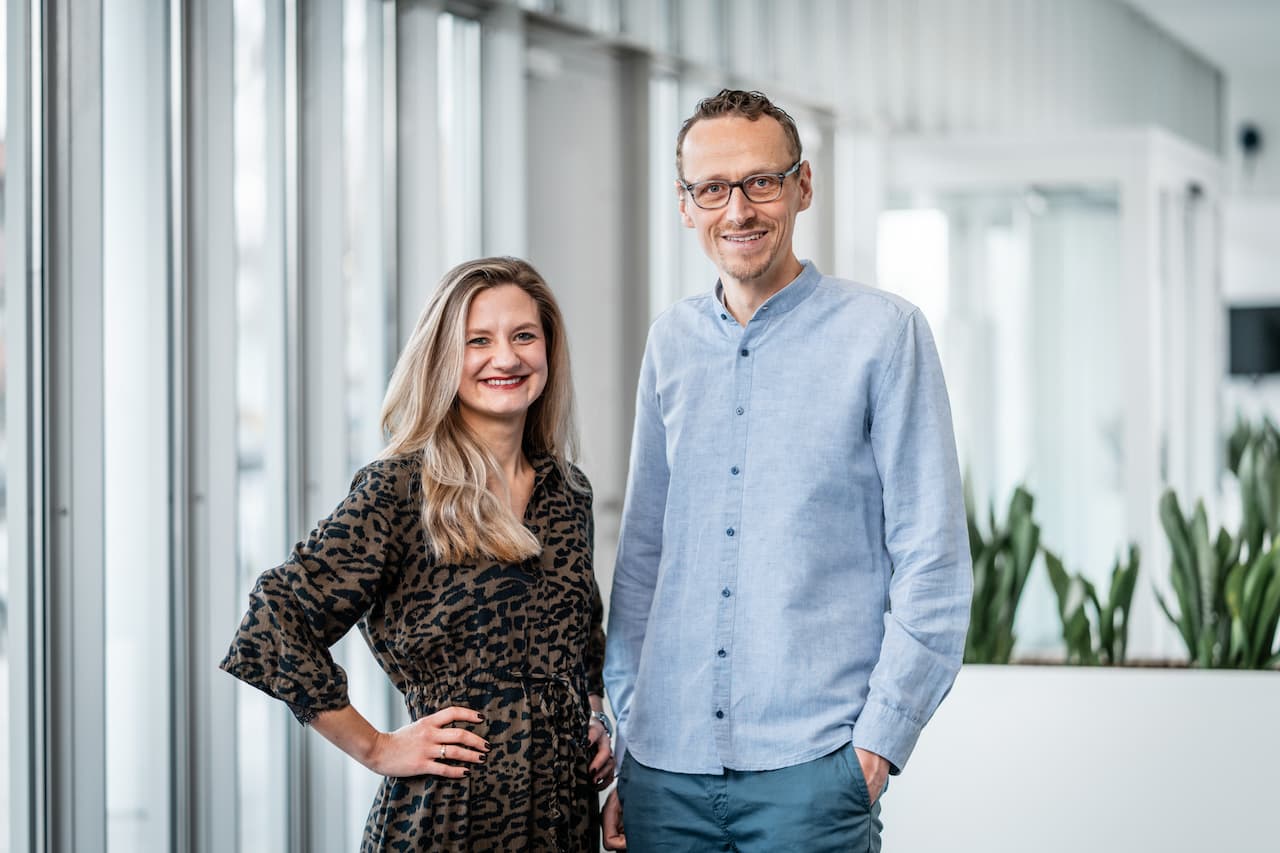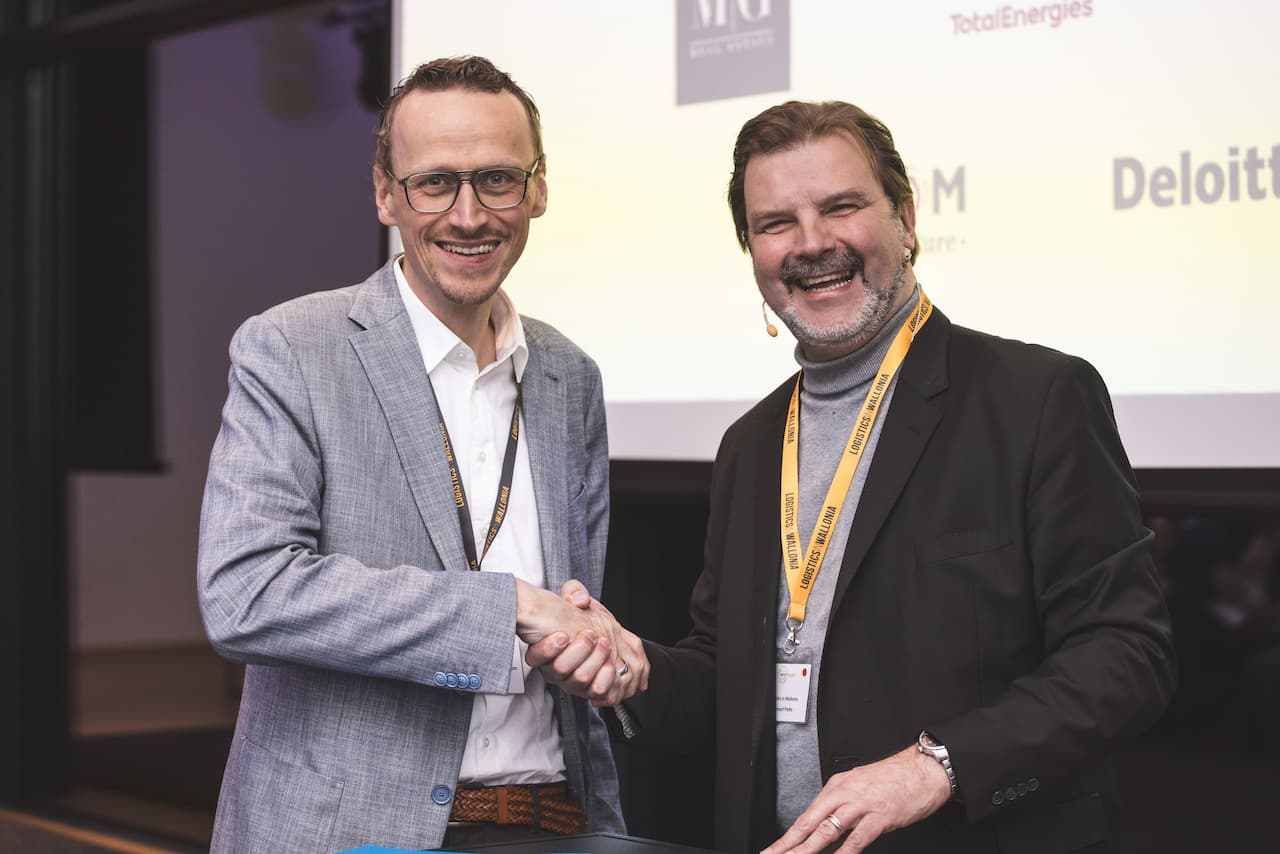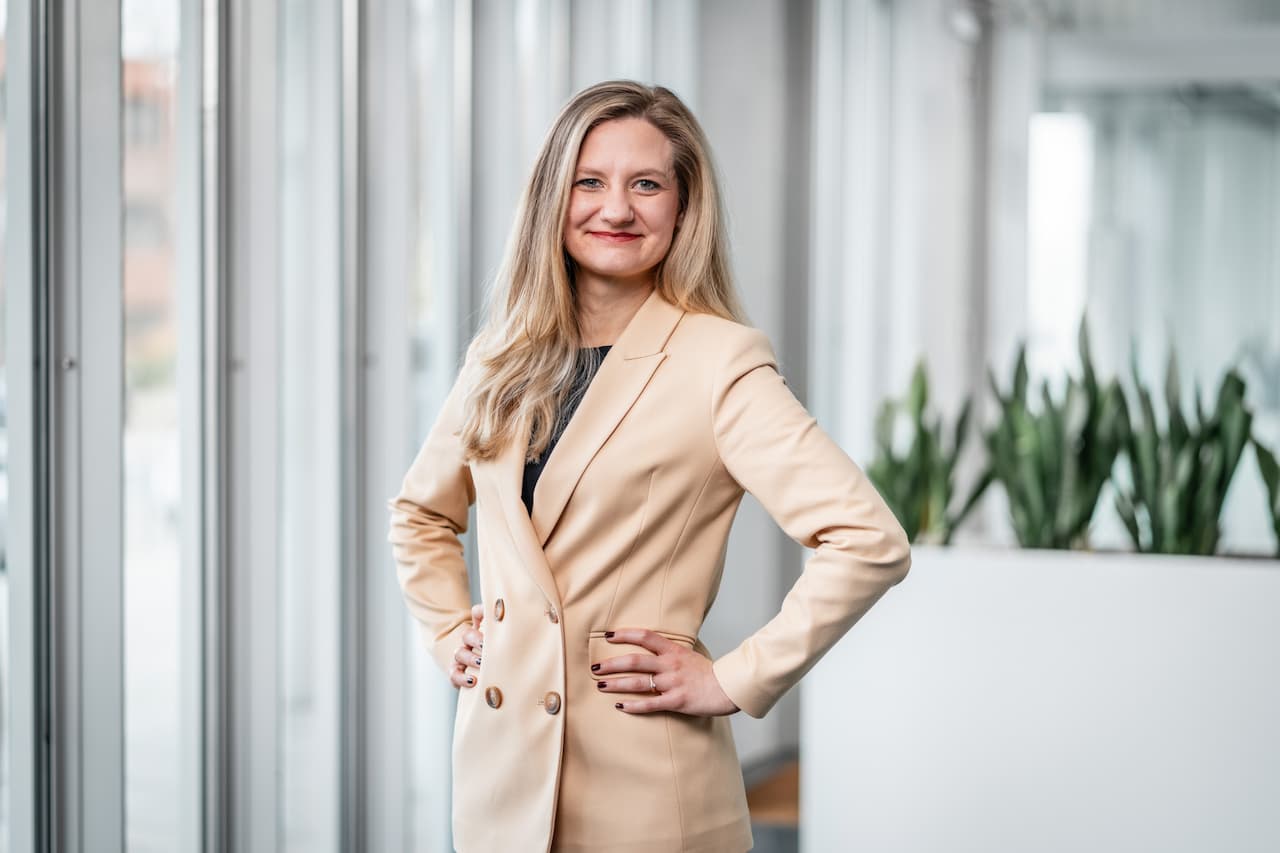Logistics service providers are driving forward the standards for greener zero-emission logistics to achieve the Paris Climate Agreement targets and open up competitive advantages and new business models. There is currently no standard for the exchange of emissions data between freight forwarders, logistics service providers, shippers and customers that companies along the supply chain can use. Cooperation between national and international companies is crucial for successfully implementing such a standard. This is where the Open Logistics Foundation, a non-profit and commonbenefit organisation, acts as a mediator. The Foundation members work together at an international level to develop open source solutions for simplified data exchange in the industry. The new Enabling Logistics Decarbonisation Working Group was established within the Foundation to implement sustainability standards. “The Working Group is not only committed to promoting decarbonisation in the logistics industry but also places a special focus on the implementation of de-facto standards and the common open source implementation that everyone can use,” explains Andreas Nettsträter, CEO of the Open Logistics Foundation.
Working Group drives standardisation of sustainability data in logistics
The newly founded Working Group is led by LKW WALTER and has 12 other members. The first project within the Working Group is called Emissions Data Exchange and will be implemented immediately. The project aims to validate and implement the iLeap data model developed by Smart Freight Centre and the SINE Foundation for the exchange of sustainability data along the supply chain in various use cases. Smart Freight Centre is a network partner of the Open Logistics Foundation and an international non-profit organisation focusing on reducing greenhouse gas emissions in freight transport. The SINE Foundation is also a non-profit organisation that develops and implements innovative research results in the fields of cryptography and economics. With the iLeap data model, the project participants want to establish a standard for seamless connectivity in the transparency of logistics emissions. The model is based on the already globally recognised GLEC framework and the associated ISO 14083 standard, a calculation method for greenhouse gas emissions in logistics.
“The new Working Group will focus on establishing harmonised solutions along the entire supply chain,” explains Justin Lemmens, Manager for Safety, Health, Environment and Quality (SHEQ) at LKW WALTER. “After all, solutions for greater sustainability are now being developed in a network: by working together with companies and using open source software, we are creating greener logistics.”
Participants in the Working Group
LKW WALTER (Working Group lead), BLG, Cargo Sign, Contargo, Dachser, DB Schenker, DHL, Fraunhofer IML, GRYN, iteratec, Rhenus, Transporeon, Zufall.








